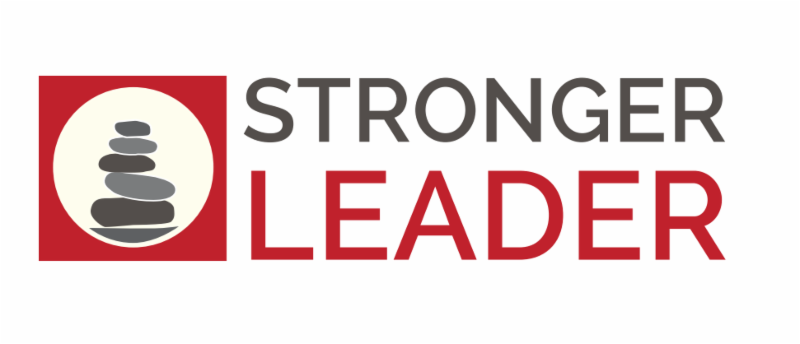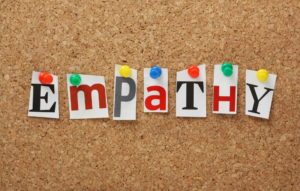Becoming a stronger leader does not happen overnight. It is a continual process built around the core of improving your emotional intelligence. Already improving your Self-Awareness? Time to move onto improving your awareness of others' emotional experience through Social Awareness.
Social Awareness
Moving beyond self-awareness and self-management, a leader observes the behavior of the team. Through social awareness, employees feel heard and appreciated. Weekly meetings are the perfect time to practice active listening. Paraphrasing feelings, content, and meaning, as well as variations within the group are a good way to make members of the team feel heard. Matching and mirroring others people's feelings are also good exercises to being to improve social awareness.
These are skills where empathy is built and developed. Perspective-taking and reflection are key to effective leadership.
Emotional understanding of the team
Good leaders are empathic and have an emotional understanding of and concern for their team. This can be evident in as small a gesture as noticing when an employee is sad or distressed. Facilitate discussions of points of tension and note where the company can make things less stressful.
Awareness of company culture
Hearing and understanding the feelings behind what a colleague or client communicates is represented on a macro level through company culture. Company culture is more than a dress code and Bagel Friday; find out which parts of the mission statement resonate the most with your team. Notice group dynamics and find out what unique strengths and talents each person brings to the team and what keeps them engaged. Set the tone with your own emotionally intelligent style.
Effective managing style
 A great leader uses active listening skills and finds commonalities across people and situations. They use self-management and adaptability to guide their team to the desired goal. By practicing self-management and modeling it to newer members of the team, the level of social awareness will raise as each person identifies their motivation.
A great leader uses active listening skills and finds commonalities across people and situations. They use self-management and adaptability to guide their team to the desired goal. By practicing self-management and modeling it to newer members of the team, the level of social awareness will raise as each person identifies their motivation.
Which management style works best for your team? Experiment with different methods with strengths and emotional intelligence in mind.




